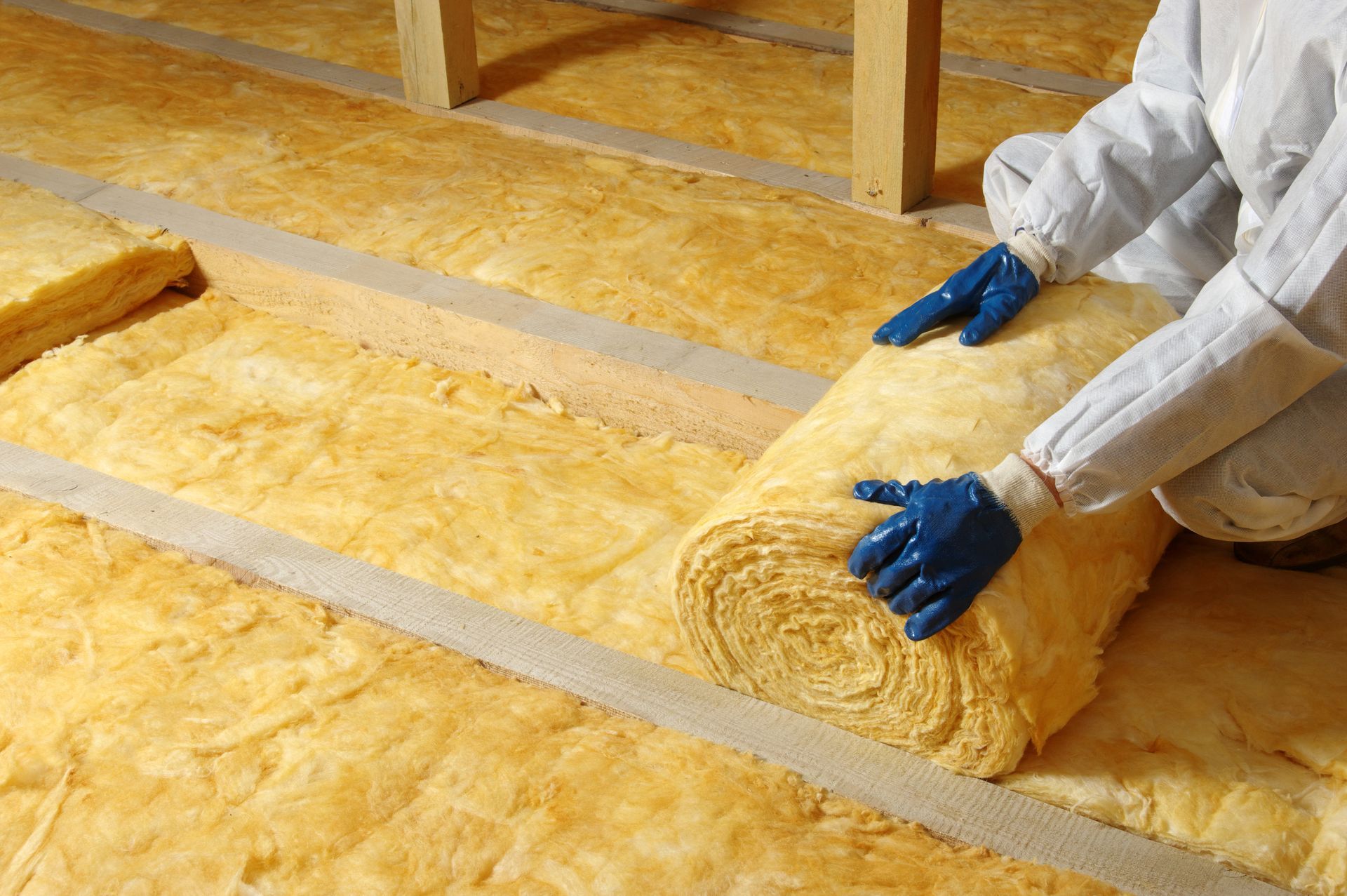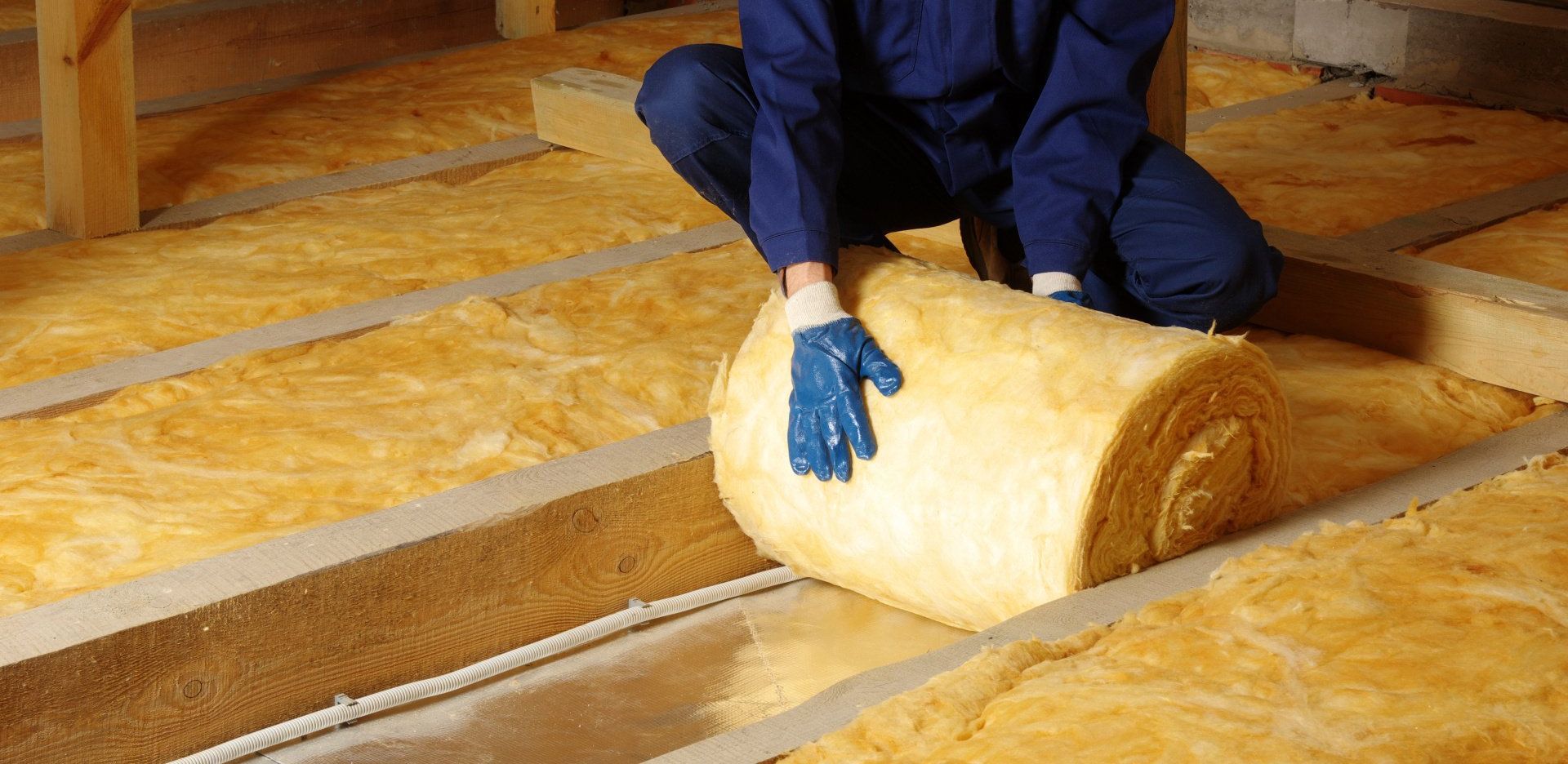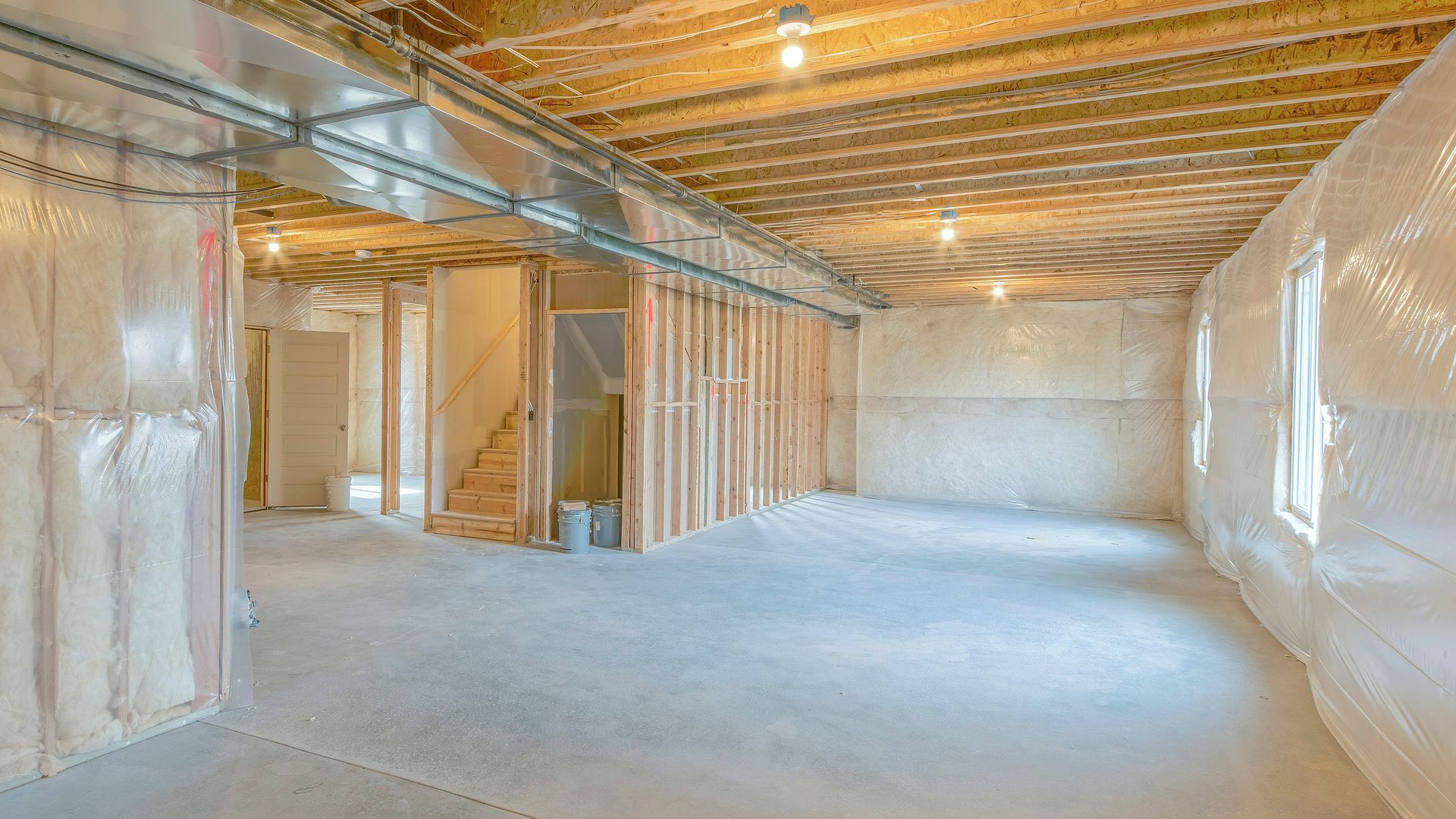Contact Us
Office Information
Location 165 Stafford St. Springfield, MA 01104
Office Hours 7am - 4pm
Need Service? Call (413)732-3922
Insulation and Energy Efficiency: A Green Homeowner's Guide
As sustainability becomes increasingly important in our daily lives, more homeowners are looking for ways to reduce their carbon footprint without compromising on the comfort of their households. One of the most effective yet underappreciated means of enhancing energy efficiency is through proper insulation. This comprehensive guide is tailored for eco-conscious homeowners and green living enthusiasts who are looking to make their homes more
energy-efficient in Western Massachusetts. In this article, we'll delve into why insulation matters, what it entails, and how you can upgrade your home with eco-friendly practices.
Why Insulation Matters to Green Homeowners
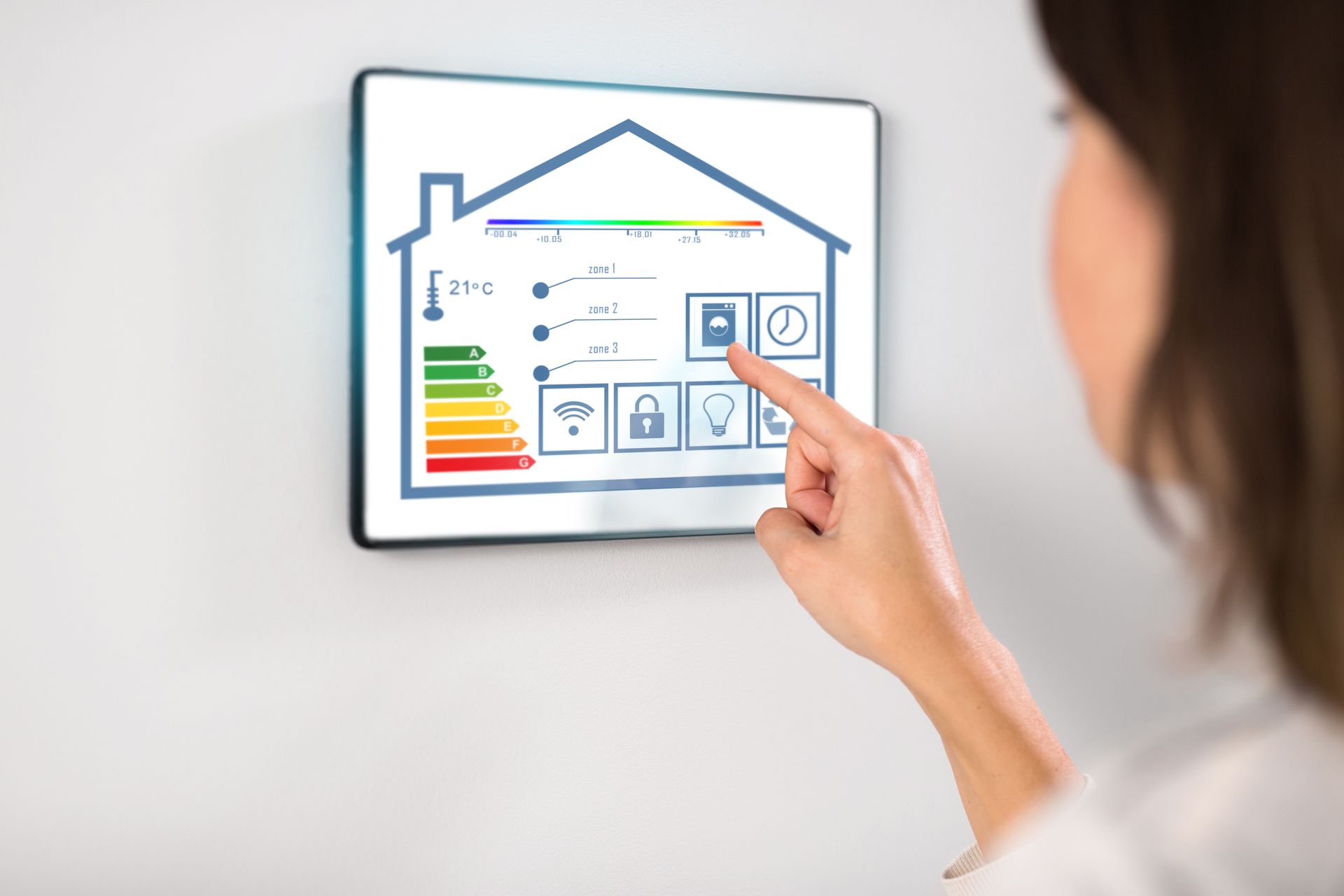
Before delving into the nitty-gritty of insulation, it's essential to understand why this aspect of home improvement is so crucial. Insulation is the silent hero of energy efficiency, playing a significant role in maintaining a stable indoor temperature. This means keeping warm air inside during the winter and preventing it from creeping in during the summer.
By properly insulating your home, you can enjoy numerous advantages, including a reduced energy bill, better indoor air quality, increased comfort, and even a higher resale value. More importantly, an energy-efficient home contributes to a healthier environment by decreasing the need for fossil fuels and reducing greenhouse gas emissions.
The Science Behind Insulation: R-Values and Beyond
To understand insulation is to grasp its scientific underpinnings. The R-value of an insulation material refers to its ability to resist heat flow. The higher the R-value, the better the material insulates. Homeowners must be aware of R-values when selecting insulation, as the appropriate value can vary depending on climate and the location within your home.
Understanding R-values helps in choosing the most efficient insulation for different areas of your home, ensuring that you are not overpaying on materials that exceed your needs. Each region has recommended R-values for attics, walls, and floors, and aligning with these recommendations can make a significant impact on your home's overall energy efficiency.
Reaping the Rewards: The Benefits of Energy-Efficient Homes
Investing in energy efficiency through proper insulation is a long-term commitment that pays off in several ways. Lowering your energy consumption means lower monthly electricity or gas bills. But the financial benefits don't stop there. An energy-efficient home can also qualify for tax credits and rebates, providing additional savings and sometimes even offsetting the initial cost of upgrades.
Beyond monetary advantages, an energy-efficient home offers a wealth of comfort that money can't buy. It's about consistent temperatures, improved humidity control, and a quiet, draft-free environment which all contribute to an enhanced quality of living. Lastly and most importantly, is the role insulation plays in the bigger environmental picture. By consuming less energy, we help to preserve our planet for future generations.
The Insulation Arsenal: Types and Their Applications
Insulation comes in various forms, each with its benefits, uses, and ideal applications. Fiberglass, mineral wool, and cellulose are common types that work well for attics and walls. Spray foam insulation is a versatile option that can be used in unconventional spaces, such as around plumbing and in crawl spaces. Reflective and radiant barrier insulation are specialized materials that reflect radiant heat, making them perfect for homes in sunnier climates.
When considering which insulation type to use, it is essential to take into account not only R-values but also factors like moisture resistance, fire safety, and the presence of volatile organic compounds (VOCs). It is becoming increasingly popular to opt for insulation materials that have a minimal environmental impact and contribute to improved indoor air quality.
Insulation in Action: Techniques for a Tighter Envelope
Ensuring your home's envelope is properly sealed and insulated is a crucial component of energy efficiency. Attics, walls, and floors are traditionally the focus of insulation, as heat exchange is most pronounced in these areas.
For attics, a combination of batt and blown-in insulation is often recommended to cover all surfaces and prevent warm air from leaking out. Wall insulation can be more challenging, especially in existing homes, but methods such as spray foam and dense packing can effectively retrofit insulation into wall cavities.
Basements and crawl spaces shouldn't be overlooked, either. Adequate insulation and proper sealing can help prevent mold and mildew growth, as well as protect against basement dampness, which can lead to structural damage. Techniques such as insulating and sealing ductwork and using a vapor barrier can ensure a comprehensive approach to your home's insulation envelope.
DIY Tips for the Green-at-Heart Homeowner
It's not necessary to hire a professional for every insulation and energy efficiency upgrade. There are simple yet effective DIY solutions that can make a big impact. Start by conducting a home energy audit to identify areas that need improvement. Common problem spots include around doors and windows, through electrical outlets, and in the attic.
Once you've identified the problem areas, sealing air leaks with weatherstripping, caulk, or foam gasket seals can go a long way. Upgrading to energy-efficient appliances and LED lighting can also contribute to your overall home's sustainability. When it comes to insulation, selecting eco-friendly materials is key. Look for options with high recycled content, natural fibers, or low environmental impact.
The Role of Professional Insulation Services
While there is much that a DIY enthusiast can accomplish, there are times when the expertise of a professional is invaluable. Professional insulation services can help with more complex projects, ensure safety and compliance with local building codes, and provide warranties or guarantees on their work.
An insulation contractor can also offer additional services like energy audits and whole-home insulation solutions, taking a holistic approach to your home's efficiency. They have the knowledge and experience to recommend the best materials and techniques that are tailored to your home's unique needs.
Conclusion: Embracing the Journey to a Greener Home
As a green homeowner, the commitment to energy efficiency and sustainability is a journey, not a destination. By embracing proper insulation practices, you're not only improving your quality of life but also actively contributing to a healthier planet. Western Massachusetts residents stand to gain significantly from insulation upgrades, given the region's diverse climate and the potential for both heating and cooling demands.
Investing in insulation is an investment in the future, and there's no better time to start than now. Whether you're conducting your energy audit, researching insulation materials, or seeking professional services, the steps you take today will lead to a more comfortable, economical, and eco-friendly home for years to come. Remember, every choice you make as a homeowner has the power to drive a positive change.
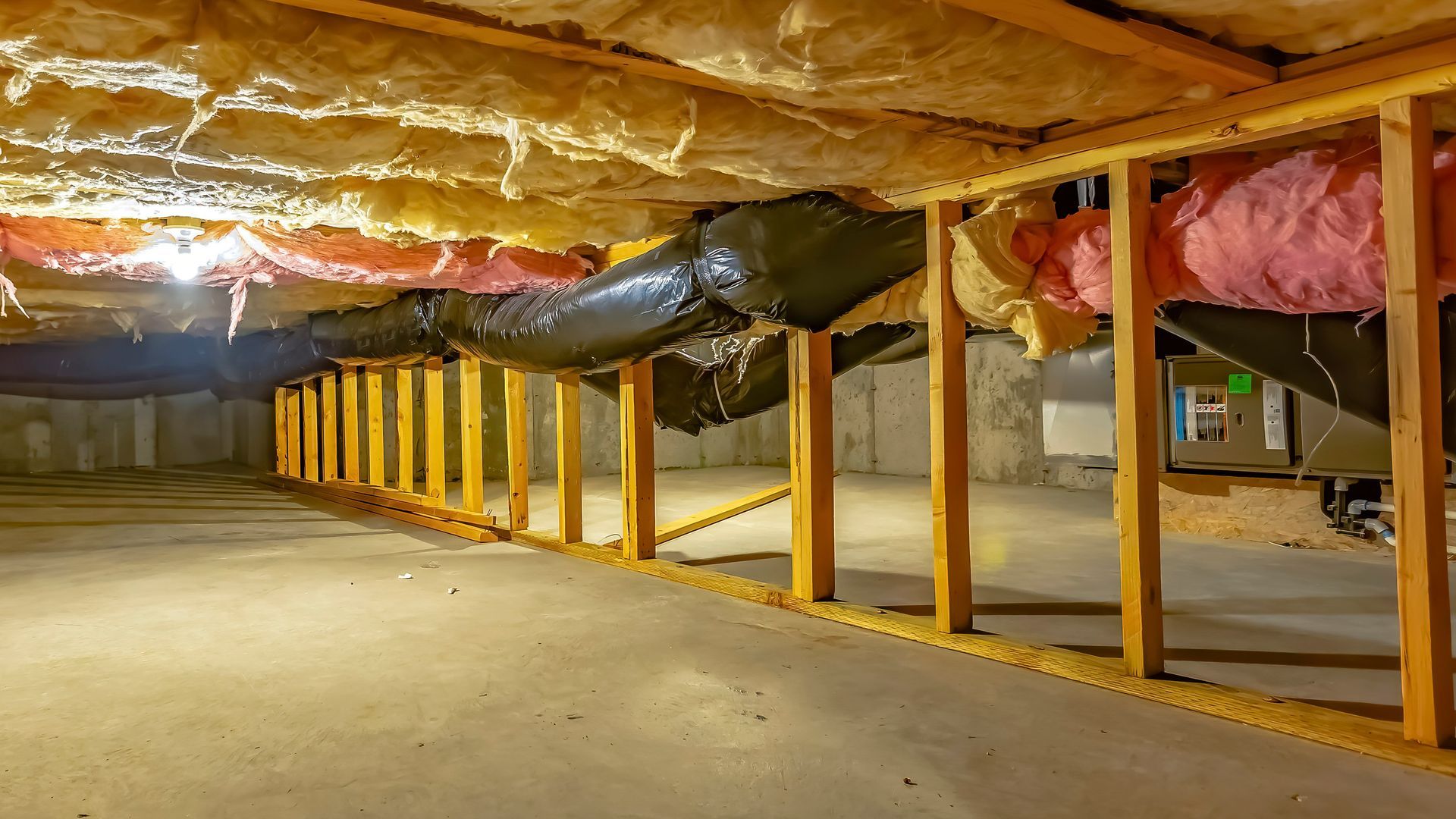
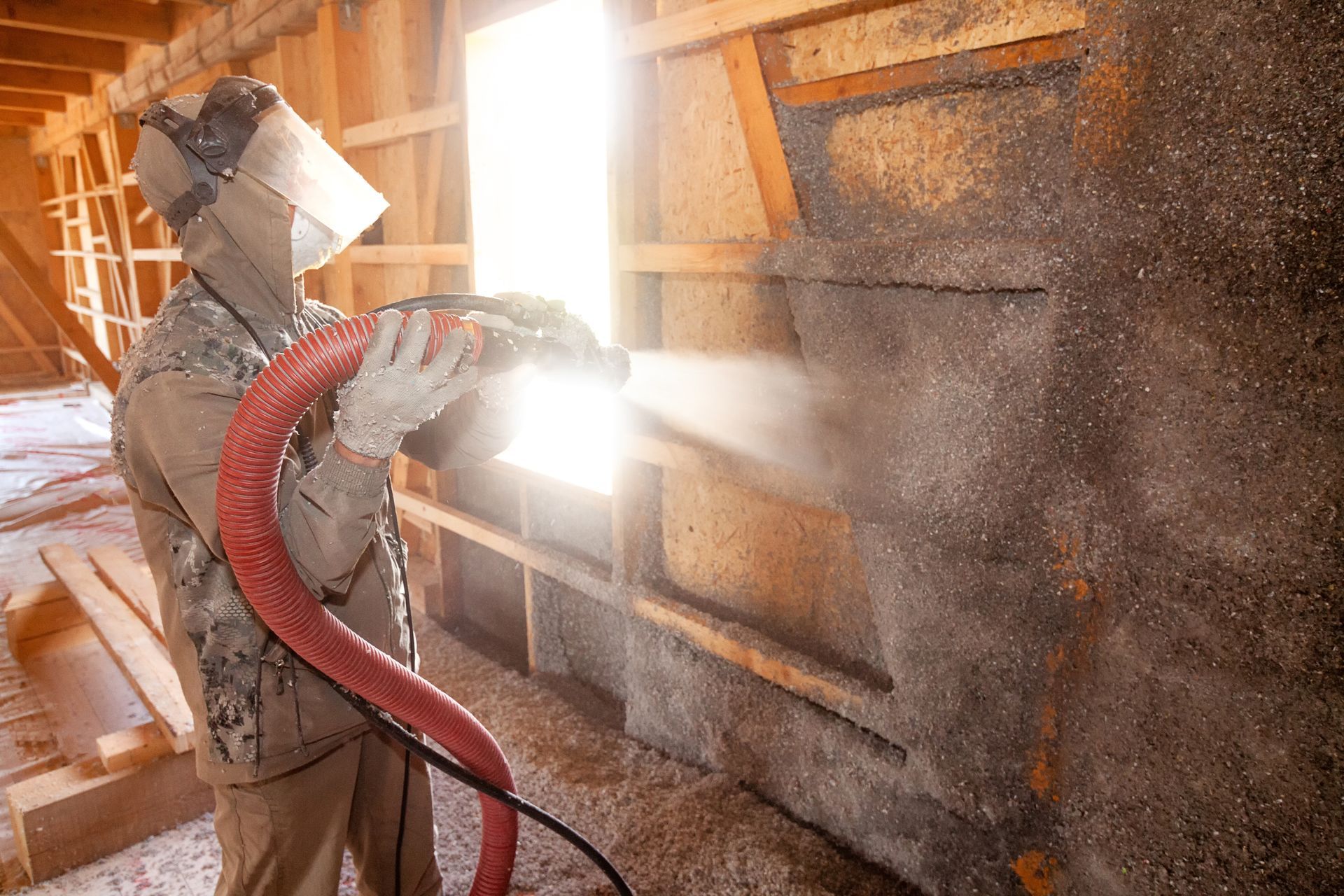
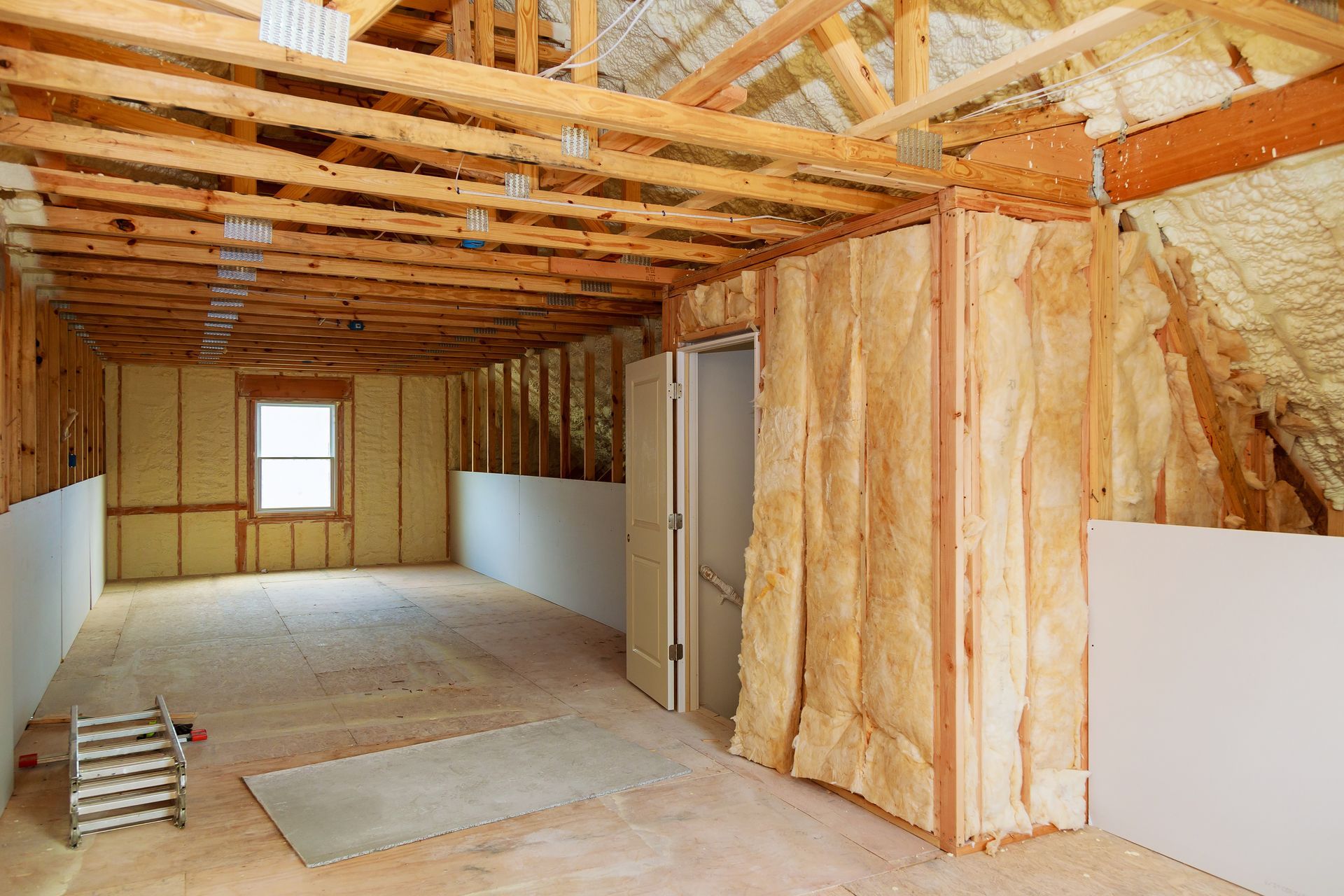
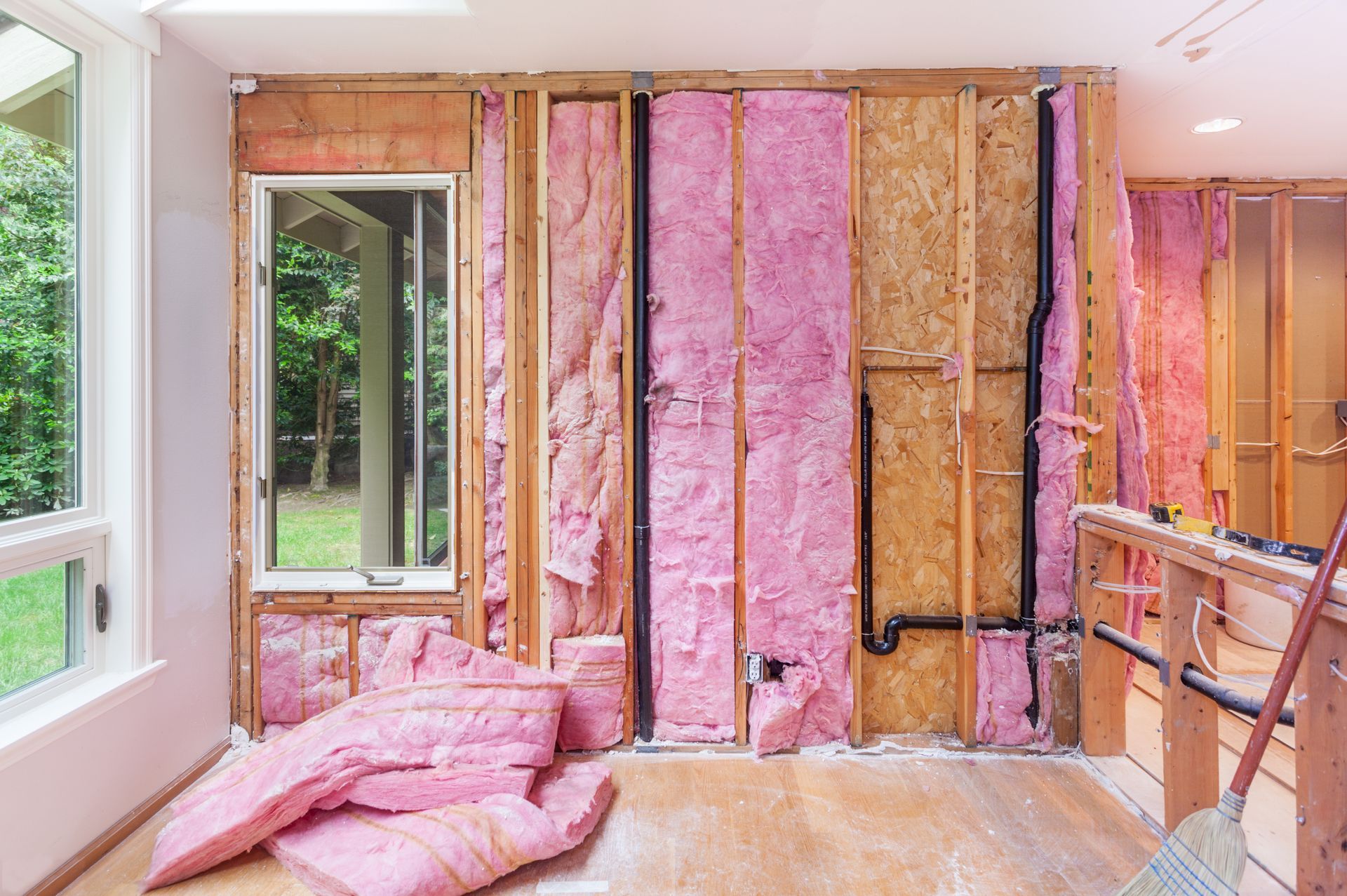

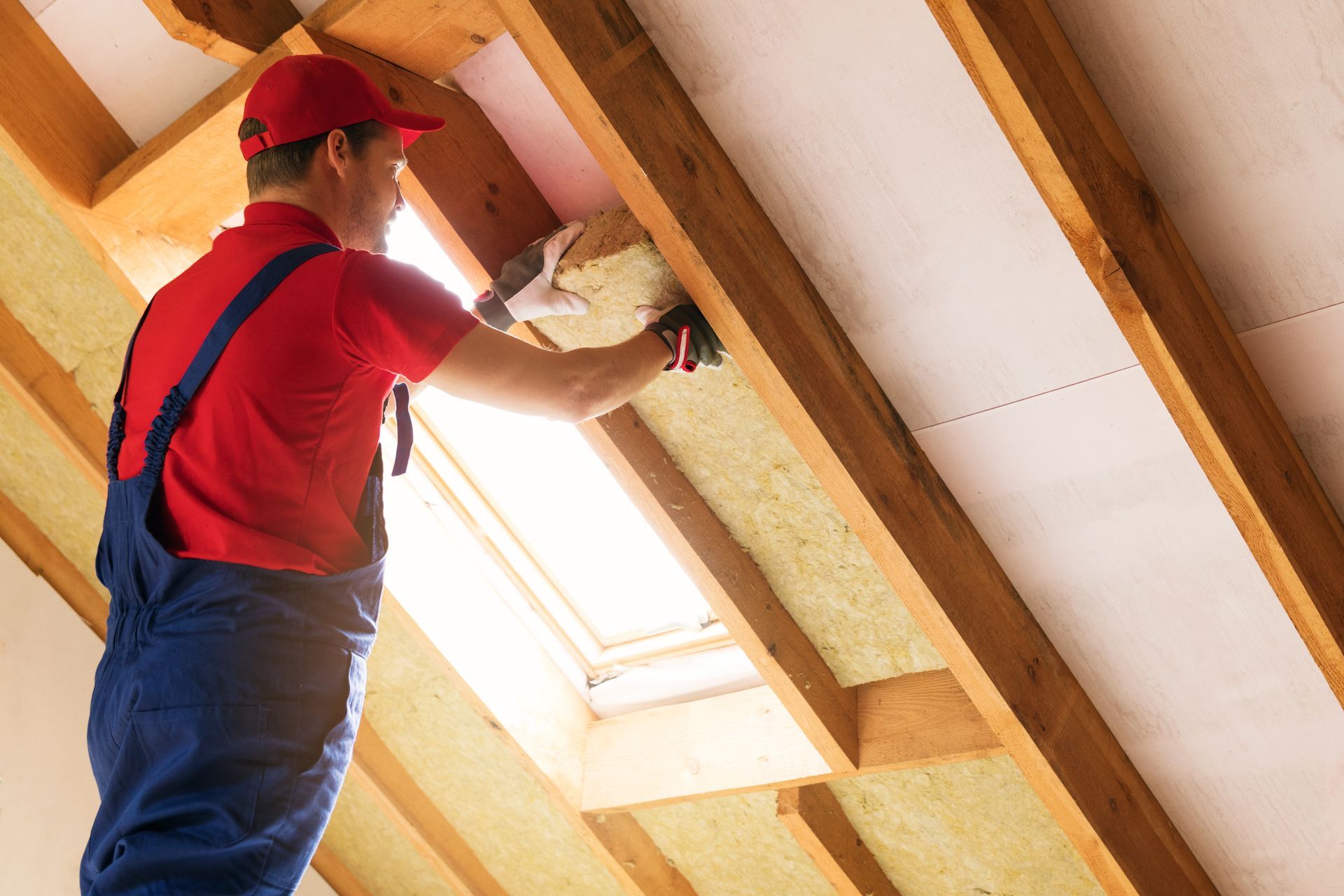
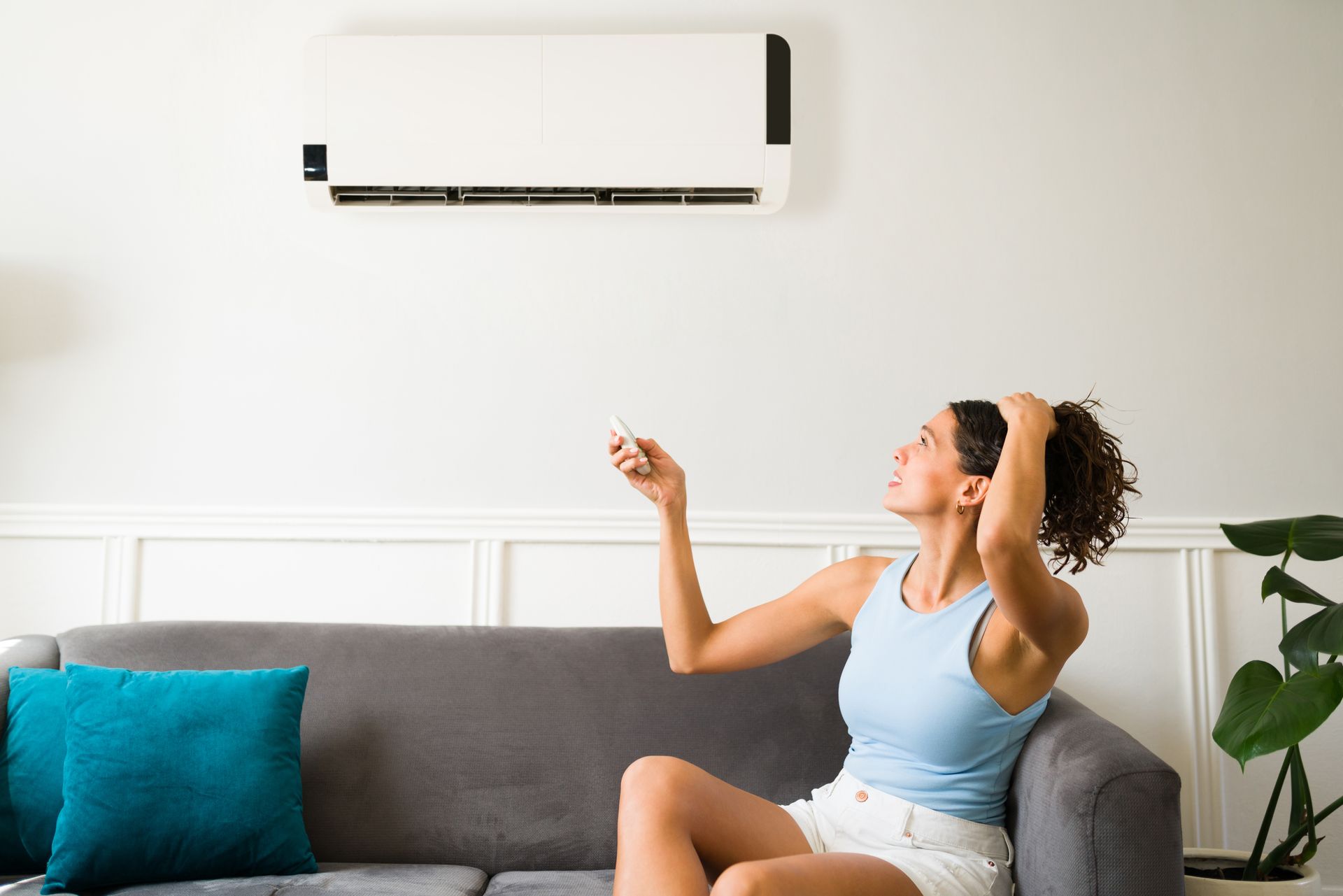
About
HIC# 100590
Since 1982, Urban & Sons Insulation has been providing quality insulation services to homeowners and businesses throughout Western Massachusetts. We offer expert insulation services, including blown-in insulation, spray foam insulation, and radiant barrier installation.
Quick Links
Resources


